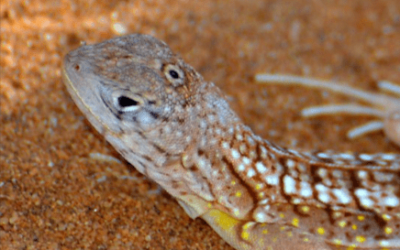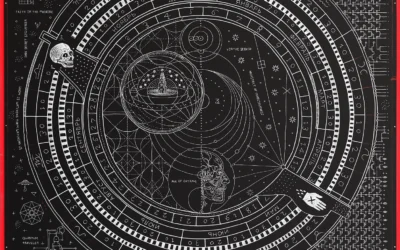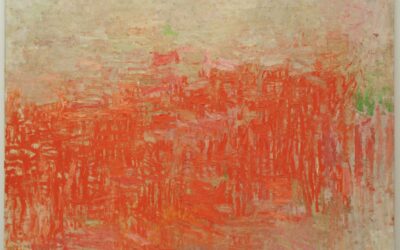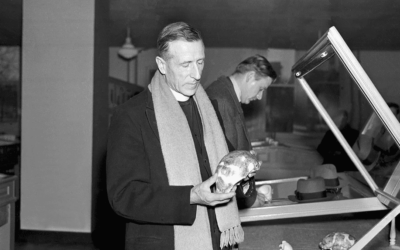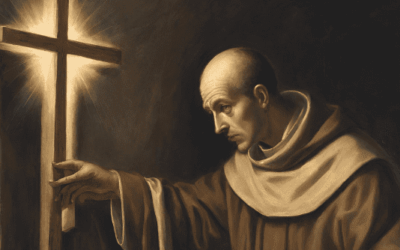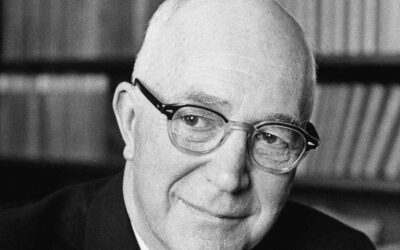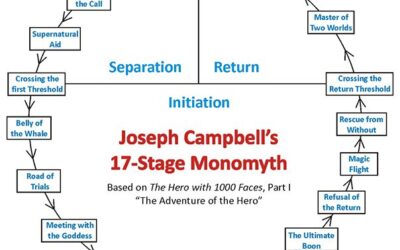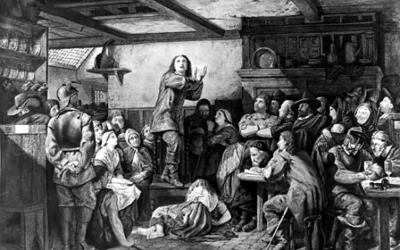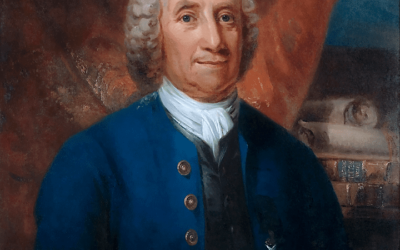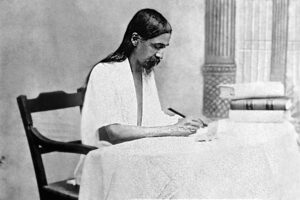In this captivating episode of the PSYCHE podcast, host Quique Autrey embarks on a deep dive into the world of Jungian psychology with guest Joel Blackstock. Together, they explore a wide range of topics, from the potential oversimplification of Jung's ideas by American Jungians to the neurological validation of Jung's phenomenological map of the soul. Joel's Journey: From CBT to Depth Psychology and Somatic Practices Joel shares his personal journey, starting with his early exposure to mythology and religion,...
The Mystical Roots and Therapeutic Fruits of Initiation Rites
Is Psychotherapy a Type of Initiation Have you ever been part of a fraternity, sorority, or similar organization? If so, you may have experienced rituals or ceremonies that felt both challenging and transformative. Even if you haven't, you've likely encountered such rites of passage in religious services, coming-of-age celebrations, or weddings. These experiences tap into a deep human need for initiation—a symbolic death and rebirth that ushers us into a new stage of life. We see this theme in modern day rituals...
How Did Jung and Freud’s Parents Effect Their Psychology
Is Religious Cosmology Just the Unlived Life of the Parent? A commonly quoted fact about astronomy is that the Universe is “expanding”, but that’s not really true. Our universe is nothing more than a giant ball of rules that we can measure. Rules like time, temperature, and distance. We say that the Universe is “expanding” because the amount of space we can measure inside it is increasing. We have no way of knowing what is outside of this ball of rules. It is doubtful that measurements like time and temperature...
Is The Pineal Gland an Evoloutionary Basis for Archetypes
Neuroevolutionary Basis of Archetypes: An Exploration of the Parietal Eye and Pineal System The quest to understand the enigmatic nature of the human psyche has long been a central preoccupation of both Western psychology and Eastern spiritual traditions. In the early 20th century, the Swiss psychiatrist Carl Gustav Jung proposed that beneath the veneer of our individual minds, there lay a deeper stratum of consciousness he termed the "collective unconscious." This hidden realm, Jung argued, was populated by...
What Does Mysticsim have to do with Therapy?
The Mystical Depths of the Psyche: Exploring the Intersection of Mysticism, Psychology, and Psychotherapy Throughout history, humans have sought to understand the depths of their own minds and souls through various mystical and spiritual traditions. In recent times, the fields of psychology and psychotherapy have also delved into the inner workings of the psyche, often drawing upon mystical concepts. This essay explores the fascinating intersection of mysticism, psychology, and psychotherapy, examining how these...
Illuminating the Mind: Lessons Psychology Can Learn from Anthropology and Philosophy
Why Does Psychology Ignore Philosophy and Anthropology? Time moves in one direction, memory in another.<br> We are that strange species that constructs artifacts intended to counter the natural flow of forgetting. - William Gibson, "Dead Man Sings" Psychology, as the scientific study of the mind and behavior, has made tremendous strides in understanding the human experience. However, two other disciplines - anthropology and philosophy - offer profound insights that can enrich and expand psychological...
Vipassana Meditation: An Ancient Technique for Developing Insight and Equanimity
Is Vipassana what I need to heal trauma? Vipassana, which means "to see things as they really are," is an ancient meditation technique that originated in India over 2,500 years ago. This powerful practice focuses on developing insight into the nature of reality and cultivating equanimity in the face of life's challenges. This article explores the history, principles, and benefits of Vipassana meditation, as well as practical guidance for incorporating this transformative practice into daily life. The Origins and...
Pierre Teilhard de Chardin: Reconciling Matter and Spirit
Who was Pierre Teilhard de Chardin? Pierre Teilhard de Chardin (1881-1955), the French Jesuit priest, paleontologist, and philosopher, devoted his life to reconciling the realms of matter and spirit, science and religion. His unique vision sought to bridge the apparent chasm between the tangible world of atoms and molecules and the intangible world of consciousness and divinity. Teilhard's thought, as expressed in his seminal work The Heart of Matter, resonates with the ancient wisdom of Gnosticism, which...
St. John of the Cross: Mystical Wisdom for Modern Psychology
Who was St. John of the Cross? "In the evening of life, we will be judged on love alone." - St. John of the Cross In the crucible of 16th century Catholic reform, one man's profound mystical insights illuminated the path of spiritual transformation in a way that continues to resonate with seekers across traditions and modern psychologists alike. St. John of the Cross (1542-1591), the renowned Spanish mystic, Carmelite friar, and Doctor of the Church, gifted humanity with a corpus of writings that map the soul's...
Gordon Alport: The Science of Personality
Who was Gordon Alport? Gordon Allport (1897-1967) was a pioneering American psychologist who made significant contributions to the study of personality, social psychology, and the psychology of religion. He is best known for his trait theory of personality, which emphasizes the importance of individual differences and the unique patterns of traits that define each person's personality. Allport's work helped to establish personality psychology as a major field of study and influenced generations of researchers and...
Joseph Campbell’s The Hero’s Journey in Psychotherapy
Confronting the Shadow of Mental Health Challenges The hero's journey is a powerful narrative structure that has shaped storytelling across cultures and throughout history. First articulated by mythologist Joseph Campbell, the hero's journey follows a protagonist's transformative quest to overcome challenges and emerge victorious. This archetypal story arc has profoundly influenced literature, film, and even the practice of psychotherapy, providing a framework for understanding personal growth and the...
George Fox and the Quaker Path to Integration and Wholeness
Who was George Fox? George Fox (1624-1691), the founder of the Religious Society of Friends (Quakers), developed a form of Christian spirituality that continues to offer valuable insights for contemporary psychology and spiritual practices. This article explores Fox's key teachings and their relevance to modern well-being and personal growth. Key Concepts in Fox's Teachings 1. The Inner Light Central to Fox's philosophy Belief in direct, unmediated experience of God within every individual Challenges...
Emanuel Swedenborg’s Mystical Visions and Their Influence on Carl Jung’s Psychology
Who was Emanuel Swedenborg? Emanuel Swedenborg, a Swedish philosopher, scientist, and mystic who lived from 1688 to 1772, had a profound impact on the development of Western spirituality and psychology. His visionary experiences and ideas about the nature of the spiritual world and its relationship to the material realm influenced many thinkers, including the renowned Swiss psychiatrist Carl Jung. “Kindness is an inner desire that makes us want to do good things even if we do not get anything in return. It is the...
Sri Aurobindo and Carl Jung: Pioneers of Consciousness and the Implications for Psychology and Psychotherapy
Who was Sri Aurobindo? "There is nothing mind can do that cannot be better done in the mind's immobility and thought-free stillness. When mind is still, then truth gets her chance to be heard in the purity of the silence." — Sri Aurobindo Sri Aurobindo, an Indian philosopher and yogi, and Carl Jung, a Swiss psychiatrist, were two of the most influential thinkers of the 20th century. Despite coming from different cultural backgrounds and intellectual traditions, their ideas about the nature of consciousness and...



